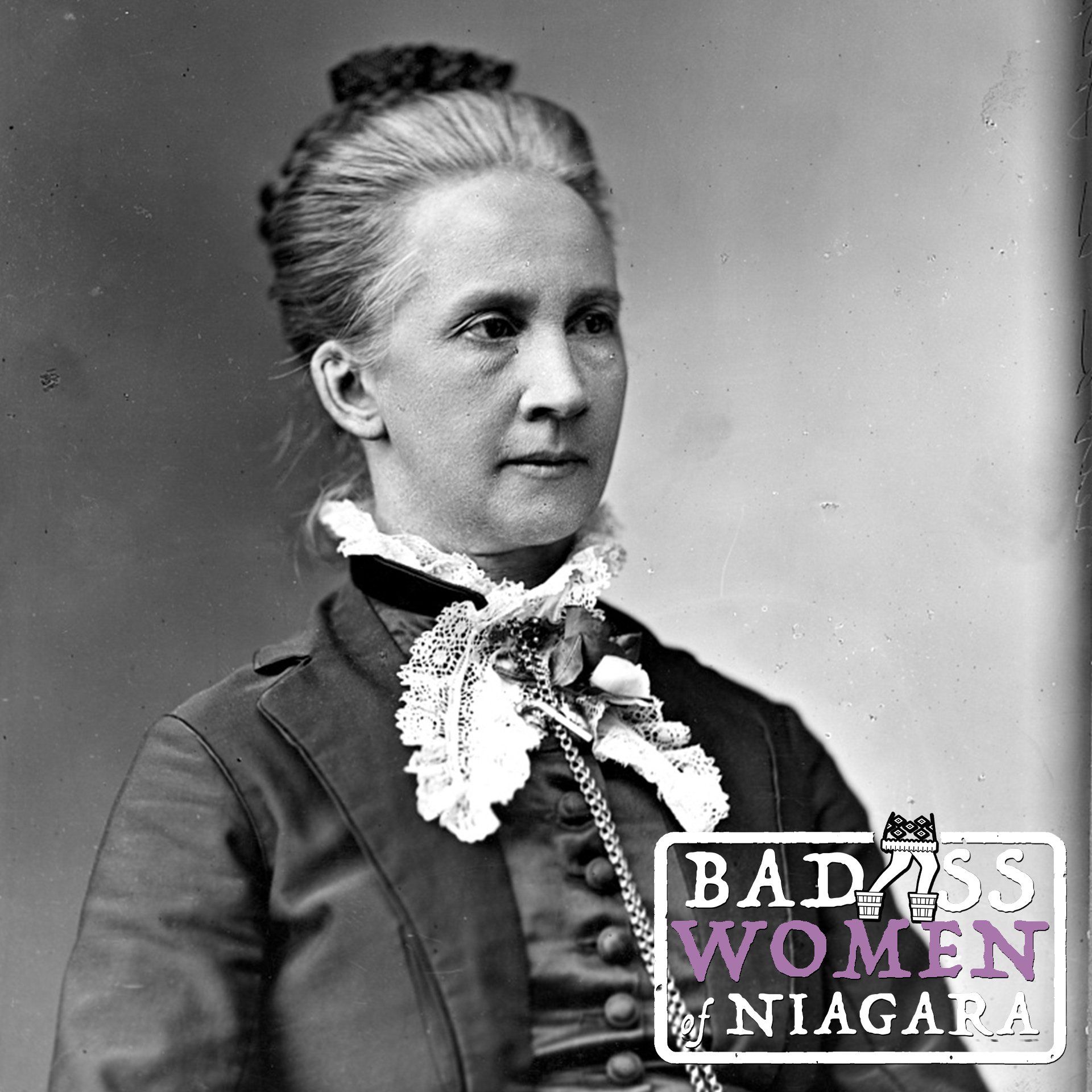Belva Lockwood
“Columbian College, Oct. 7, 1869
Mrs. Belva A. Lockwood:
Madam,
The Faculty of Columbian College have considered your request to be admitted to the Law Department of this institution, and, after due consideration, have considered that such admission would not be expedient, as it would be likely to distract the attention of the young men.
Respectfully,
Geo. W. Samson, Pres.”
Belva Lockwood kept this letter with her, always. It was a reminder of what a woman could over-come when she refused to be limited by society’s expectations. Born to a poor farmer in Royalton, Niagara County, New York, even as a child Lockwood refused to believe her only value to the world lay with an exclusively domestic sphere.
Widowed by the age of 22 with a young daughter to support, Lockwood defied expectations and enrolled at Genesee College, the precursor to Syracuse University. She graduated with honors in 1857 and began a teaching career that included four years as preceptress at Lockport Union School. In these early years, she began what would be a lifelong mission to garner for women the same opportunities that were afforded to men. She fought for girls’ education and agitated against the injustice of male teachers receiving more than double the salary paid to the female teachers. Pay should be for work, she argued, and not based on sex.
In 1866, she moved to Washington, D.C. teaching part-time, she began to study law. It was here that she married Ezekiel Lockwood in 1868. In autumn of 1869, she was denied entry into the Columbian College Law Class, receiving the rejection letter from President Samson that chagrined her so. Lockwood said the letter felt like a slap in the face.
Undeterred, Lockwood doggedly pursued a legal education and admission to the bar, meeting and overcoming obstacles at every step of the way. She was denied her law diploma, denied ad-mission to the bar, testified before Congress and introduced legislation that died in committee twice, and was told by the U.S. Supreme Court that there was no precedent for admitting a woman to practice law before the Court. Eventually, however, her advocacy and refusal to give up won out. Finally, in February 1879, President Rutherford B. Hayes signed the bill admitting women to the bar of the United States Supreme Court, virtually opening the doors of all federal courts in the country to female attorneys. Her legal career spanned 43 years and included more than 7,000 cases.
Even though women could not vote, Lockwood took advantage of the fact that no law prevented them from running for office. She ran for President in 1884 and 1888 on the National Equal Rights Party ticket, becoming the first woman to do so. She died at age 87 in 1917, three years before women gained the legal right to vote.


